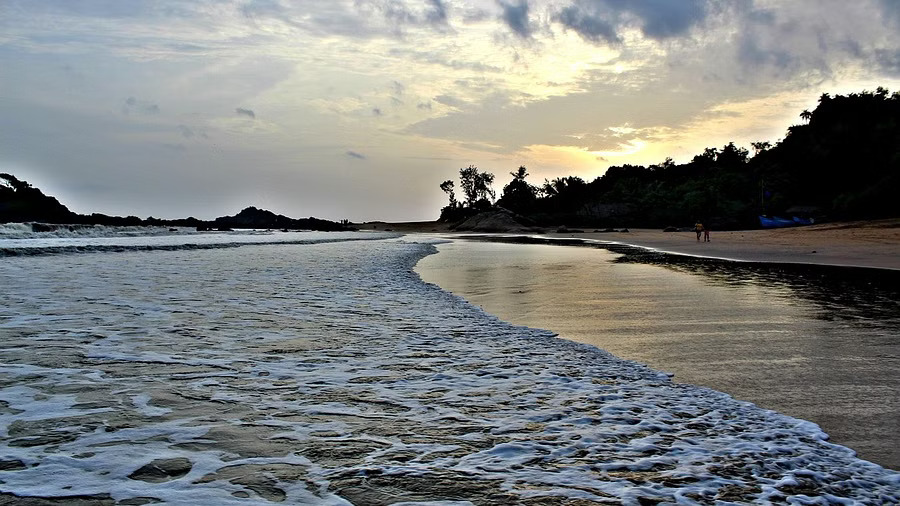In a significant development concerning the Gokarna pollution case, the National Green Tribunal (NGT) has taken a step to broaden the scope of the case by including the Tourism Department as one of the respondents. The decision comes as part of the tribunal’s efforts to comprehensively address the environmental concerns and challenges faced by the picturesque coastal town.
The NGT’s decision to include the Tourism Department in the list of respondents underscores the importance of involving all relevant stakeholders in addressing pollution and environmental degradation. Tourism can have both positive and negative impacts on local ecosystems, and the Tourism Department’s inclusion highlights the need for collective efforts to mitigate pollution and preserve the region’s natural beauty.
The Gokarna pollution case has gained attention due to concerns about the degradation of the town’s beaches and surrounding areas. The NGT’s move to expand the list of respondents reflects a commitment to holistic problem-solving and a recognition that various factors contribute to environmental challenges.
By involving the Tourism Department, the NGT aims to explore ways to balance tourism-related activities with the imperative to protect and conserve the environment. The case serves as a reminder that sustainable tourism practices are essential to maintain the ecological and aesthetic value of popular tourist destinations.
The NGT’s decision also emphasizes the role of government bodies in promoting and enforcing environmentally responsible practices. As the case progresses, the involvement of the Tourism Department will likely lead to discussions about regulations, guidelines, and policies aimed at preserving Gokarna’s natural assets.
The Gokarna pollution case is a testament to the complexities of managing and safeguarding natural environments in the face of human activities. The NGT’s proactive approach to involving the Tourism Department signifies a determination to address pollution challenges through collaboration, informed decision-making, and the integration of sustainable practices.
As the case continues to unfold, it will likely influence conversations about responsible tourism, environmental protection, and the importance of governmental bodies taking a proactive role in ensuring the long-term well-being of ecologically sensitive areas. The NGT’s decision serves as a call for collective efforts to ensure that Gokarna’s beauty and charm are preserved for future generations.










